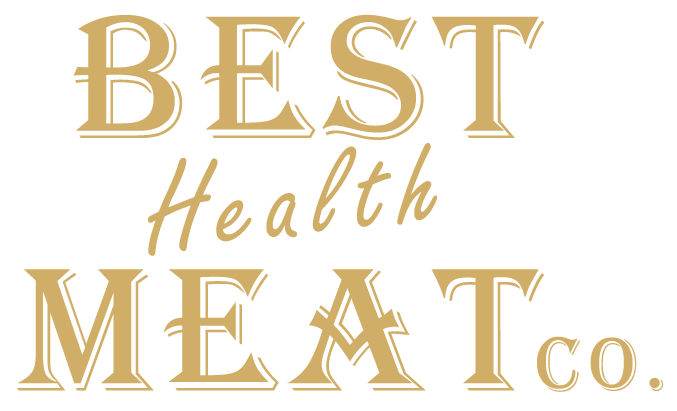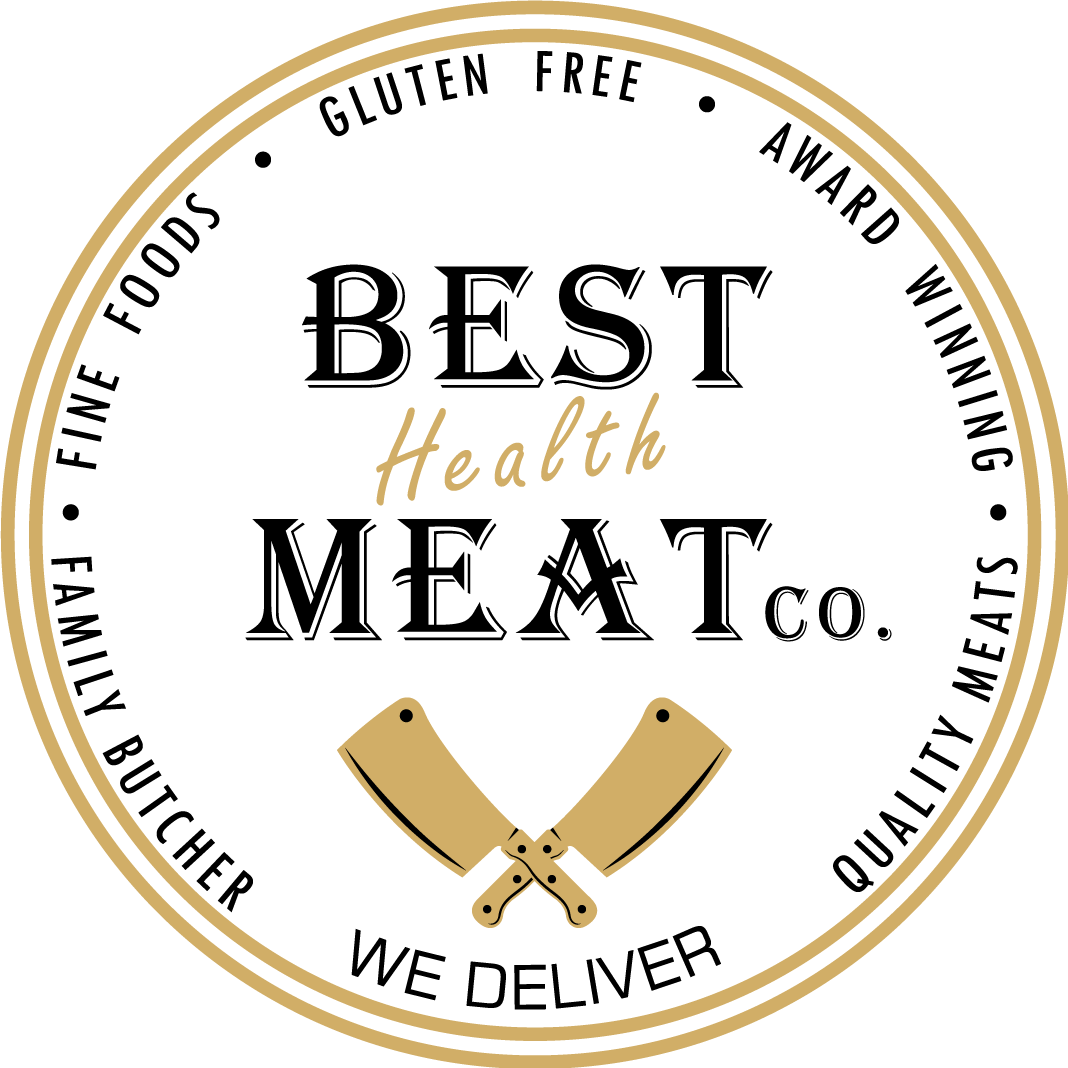Does our meat contain Gluten?
Great news meat is naturally free of gluten. Simple, quality portions of meat, including poultry (turkey, chicken etc.), beef, rabbit, fish/seafood and lamb, contain no gluten.
However, where you need to pay attention is with floured meats or breaded meats. If it contains wheat, there is a good chance it will have gluten. Also, focus on meats marinated or soaked broths and sauces, as they may contain flour and other ingredients containing gluten. For example, teriyaki and soy sauce usually have gluten, as do many french roux-based sauces. We have fantastic gluten-free soy sauce. So, also consider what the meat is marinated in.
Select certified gluten-free products when purchasing sausages, hot dogs or hams, or meats that are known to cause irritations. With regards to deli meats, be on the lookout for products that are gluten-free certified.
Additionally, your eyes are your best friend. Look for meats and poultry coated or covered in starch. Anything crumbed will contain gluten.
Does Bacon contain Gluten?
Bacon, like all meats, is naturally gluten-free; however, some products may add flavourings or additives that contain gluten.
Pork belly, spices, sugar and nitrates are all used to make bacon. However, it is best to check the labels and ingredients looking for dextrins, starches and flavours containing teriyaki sauce or soy. The good news is most bacon products are free of gluten, but to be sure, see if the product has the gluten-free label.
Finally, be cautious of bacon available at a breakfast buffet – they may have been placed on top of bread, which is actually quite common or been in contact with foods in the kitchen or from shared serving spoons that contain gluten. So gluten-free meat is natural and healthy.
Try some of our Gluten Free Batter
If you are switching to a gluten-free diet, you might be wondering what the big deal is about gluten-free meat. Many people don’t realize just how important meat plays in our diets. People all across the globe have been enjoying the health benefits of cutting out gluten for good since the 1970s. Before this time, wheat and other cereals were the staples of every single human’s diet. If you are new to a gluten-free diet, you might be wondering what gluten actually is and why it is making you sick. Gluten is a type of protein, which is most often found in bread, pasta and other cereals.
The Advantages Of Going Gluten Free
It is really unfortunate that most foods that we enjoy so much contain gluten. Most foods that we consume contain wheat, barley and a handful of other ingredients. We all know that these are some essential food ingredients we need to stay healthy and fit. If you’ve ever read the labels on the back of any grocery store or health food store, then you probably noticed the long list of items that are considered “gluten-free”. These products, obviously, contain no trace of gluten, yet they still cost an arm and a leg because of their high quality and rich nutritional content.
People who want to go on a gluten-free diet usually go on a restrictive diet that lasts for a few days, a week or even a month. They either starve themselves or cut out certain kinds of foods for a period of time in order to try and get through the symptoms associated with the disease. But did you know that not all people who try this method end up with the same results? Not everyone sticks to their restricted gluten free diet, and sometimes they wind up putting back the items they eliminated just to be able to eat foods that don’t contain gluten!
This makes it extremely difficult to achieve and maintain a gluten-free diet. You need a strict plan, and you need to stick with it in order to succeed. Many successful people have followed these plans for weeks or even months. The secret behind their success is their commitment and their discipline. Before you start on a gluten free diet plan, you need to identify the cause of your intolerance. In most cases, it is simply due to the gluten-containing foods you consume every day.
In order to cure your health problem, you must focus on health instead of simply “eliminating” certain foods. Once you have identified the problem, you can start implementing a few ideas into your daily routine to improve your overall health. One of the best ideas you can implement when going gluten-free is to eat more fruits and vegetables. This doesn’t mean you have to replace all of your favourite foods, but you should include plenty of these healthy alternatives into your daily food intake. Not only will they provide you with many health benefits, they are also extremely cheap and filling, so you aren’t going to feel like you are missing out on anything.
Once you have taken the time to improve your health by improving your diet, it is time to start focusing on incorporating the newest gluten free foods into your routine. These healthier choices are going to provide you with many more health benefits than you are probably aware of. Gluten free diets have become very popular because of recent news stories that have revealed serious health risks associated with eating certain types of gluten-containing foods. If you have been avoiding these types of diets, it is time to take the leap and get started, because your health could depend on it!

